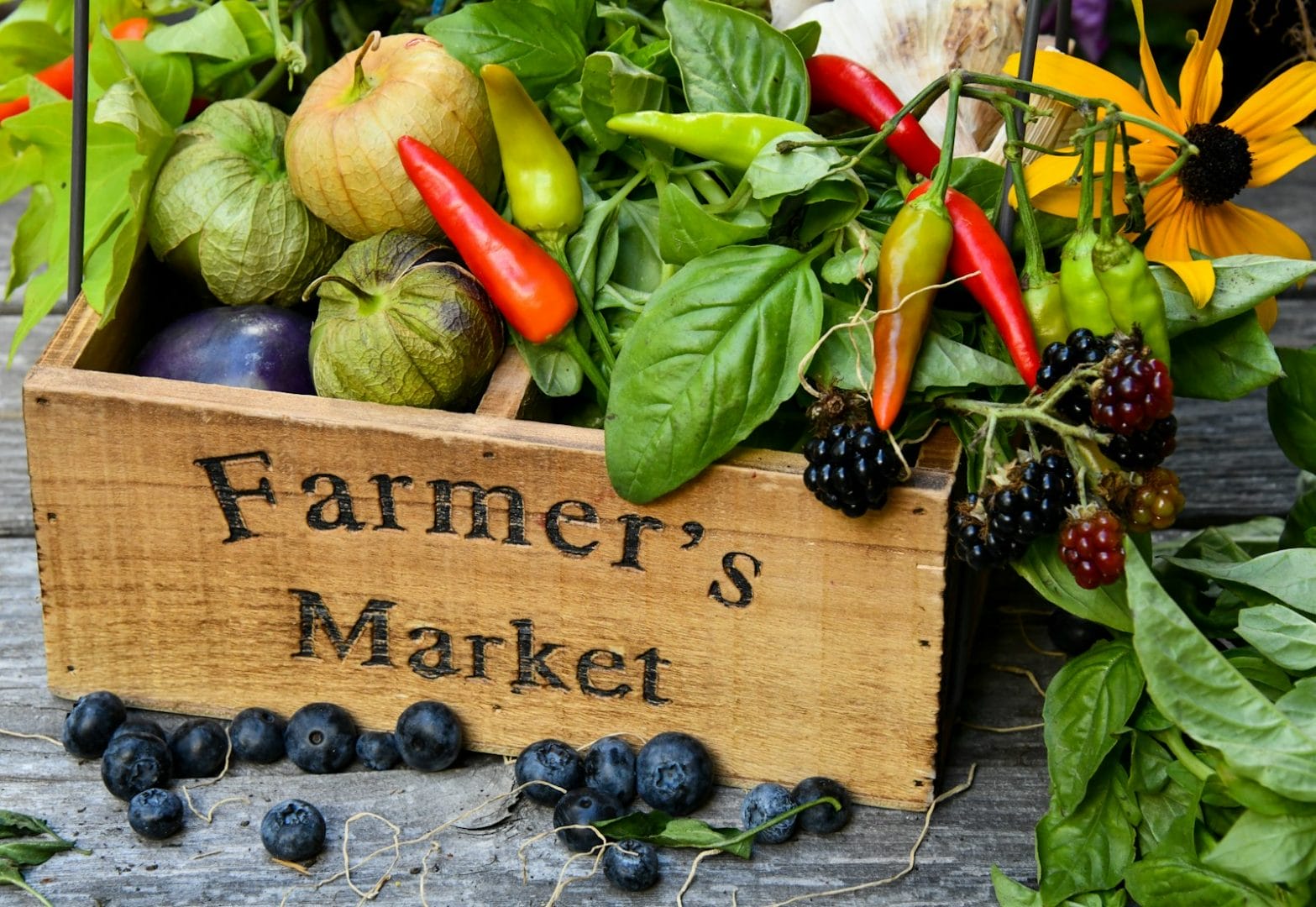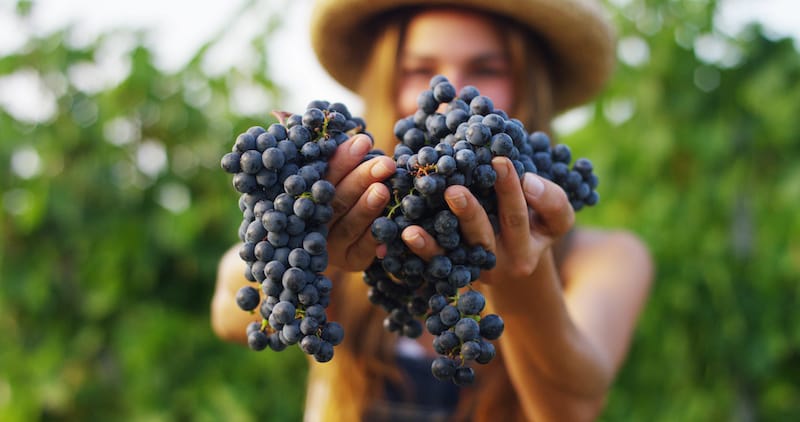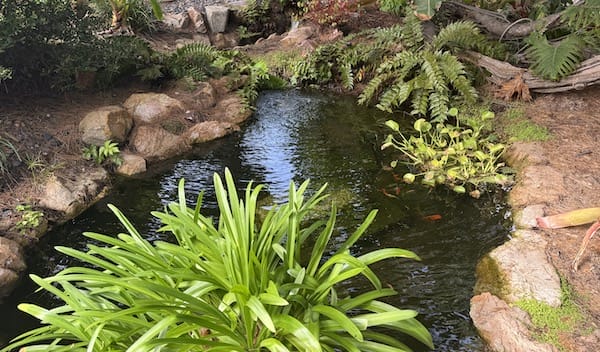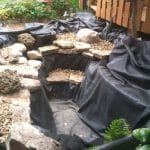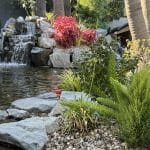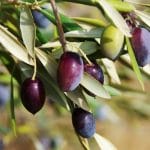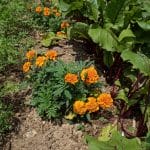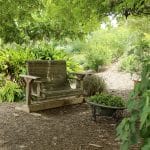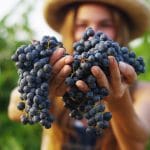Gabriele Keeler: A Conservationist and Biodynamic Gardener
Conservation Organic Gardening
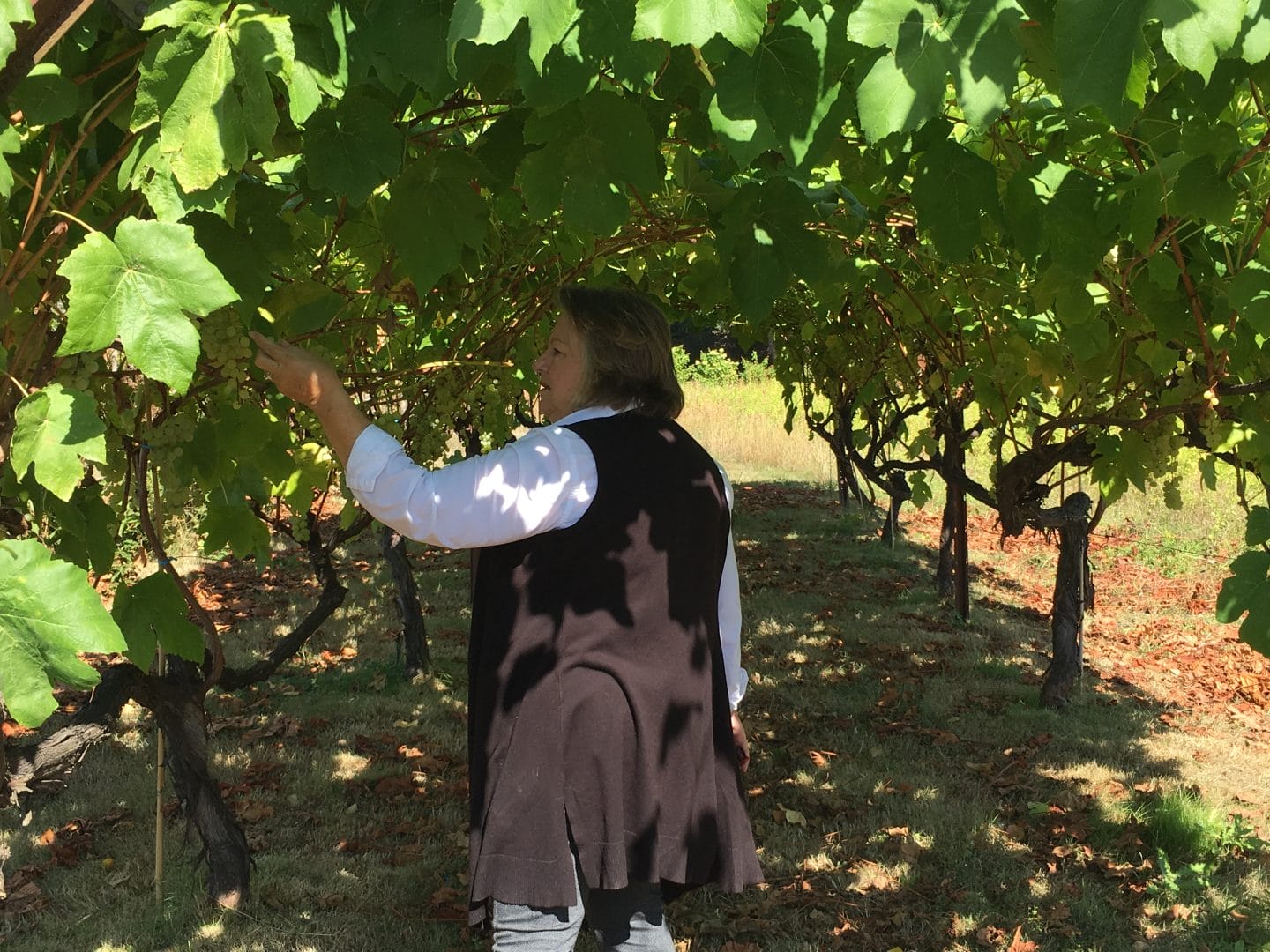
When my mom and I set foot on The Keeler Estate Vineyard in Oregon’s Willamette Valley, we realized this is no ordinary winery. Yes, the biodynamic organic wines are remarkable (we’ll get to what that means in a minute). Yes, the view of Mary’s Peak and the snow-capped Cascades will steal your breath. But it was the open, genuine friendliness of conservationist Gabriele Keeler that really took the prize for us. She took the better part of her afternoon and put us into her garden cart to give us a tour we will never forget.
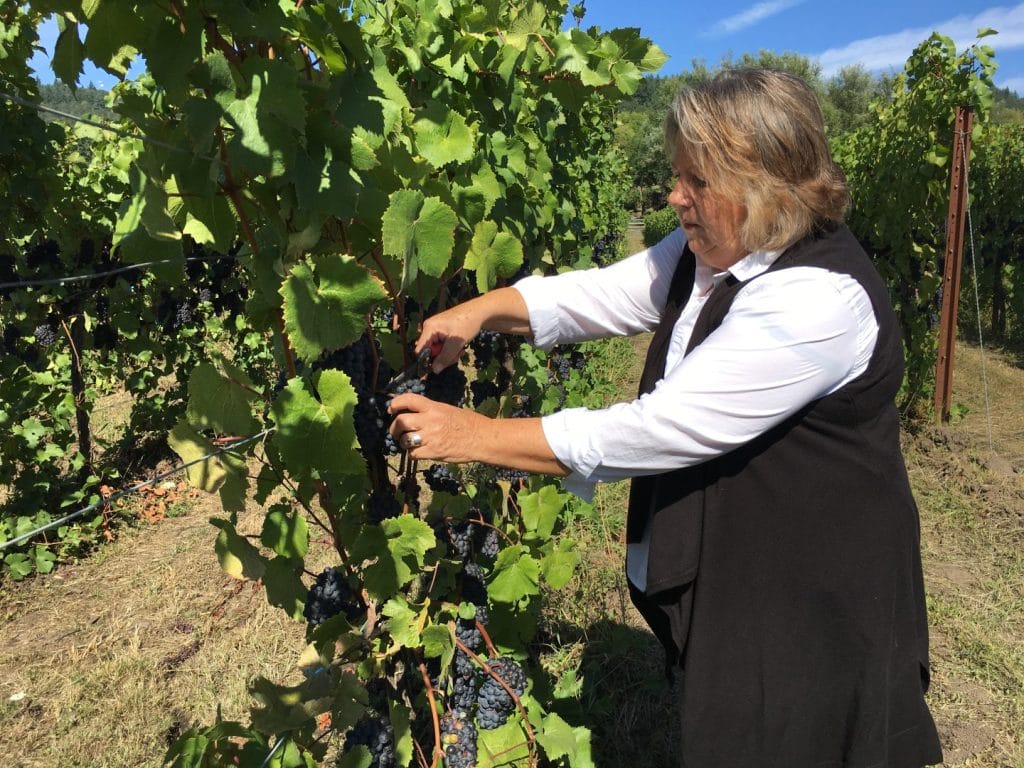
Most people see rows of vines and a beautiful tasting room. Gabriele considers something bigger: a living, breathing ecosystem where people, plants, animals, and water are all connected. From the moment she and her husband Craig laid eyes on their overgrown, bramble-covered hillside back in 1989, she imagined more than a vineyard. She envisioned a sanctuary.
Healing the Land using Biodynamic Gardening
The estate didn’t start as a picture-postcard vineyard. The soils were rocky, the buildings were falling apart, and the hillsides were choked with blackberries. But as gardeners often say, “there’s no such thing as bad soil, just soil that hasn’t been cared for yet.” Gabriele rolled up her sleeves and set out to heal what was broken.
Today, Keeler Estate is Demeter-Certified Biodynamic. That means farming is done with the rhythms of nature in mind—no synthetic fertilizers or pesticides, just compost, cover crops, and careful stewardship. Research shows that organic and biodynamic systems can actually increase biodiversity and improve soil health over time. What started as neglected land now hums with life: grapevines, wildflowers, trout streams, and pollinators all in balance.
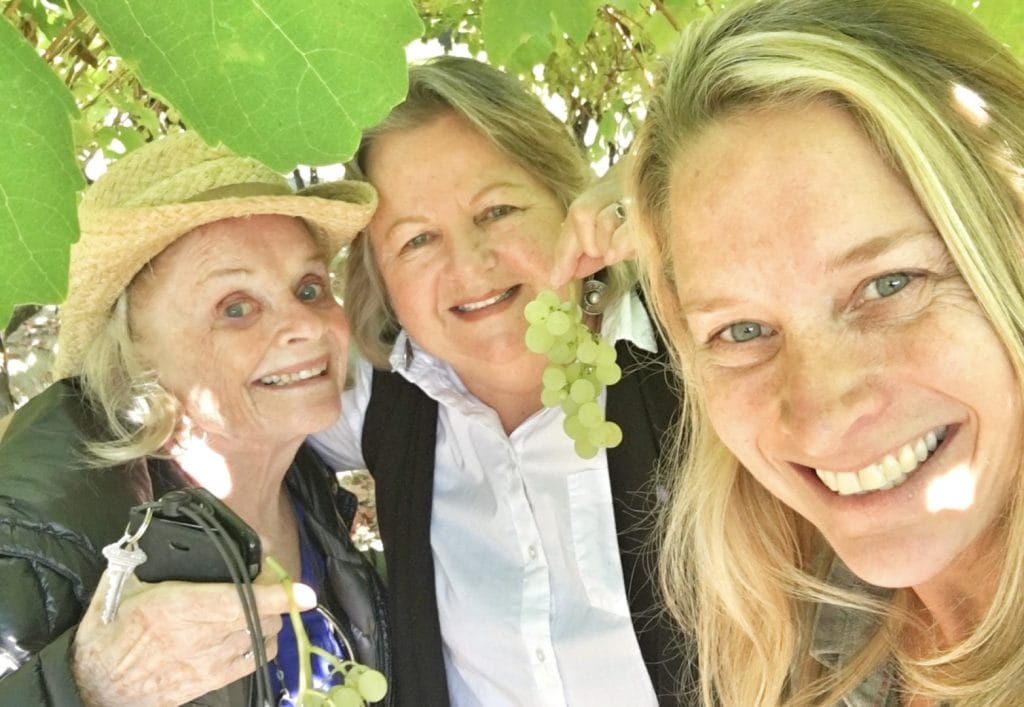
A Home for More Than Grapes
Gabriele’s vision has always gone beyond wine. The estate includes lakes, streams, forests, and pollinator gardens. She’s built habitats where bees, butterflies, frogs, and birds thrive.
For her, conservation isn’t just about leaving the land better for the next grape harvest—it’s about leaving it better for the next generation.
Conservation with Community Roots
One thing gardeners know: knowledge grows best when shared. Gabriele opens the estate to neighbors, schools, and visitors, showing what it looks like when sustainability isn’t just a buzzword but a way of life.
She talks about the small, everyday practices—composting, planting cover crops, nurturing soil microbes—that scale from backyard to vineyard. In an age when more people are gardening to reconnect with nature and grow their own food, those lessons matter.
Whether you’re tending a backyard pumpkin patch or caring for 200 acres, the principles are the same: take care of the soil, respect the rhythms of nature, and life will flourish.
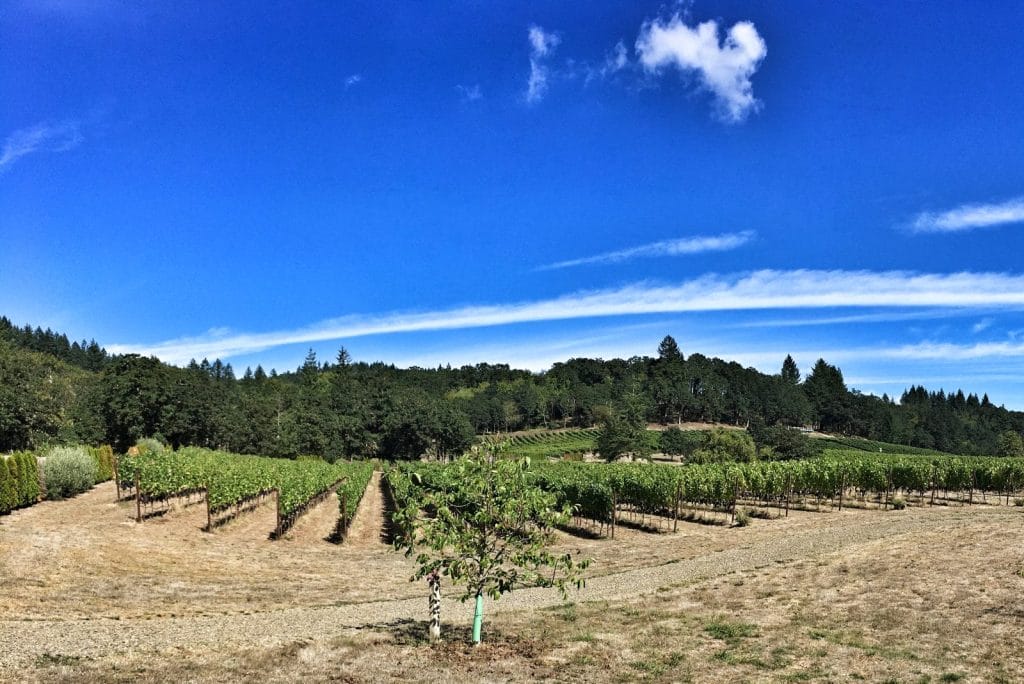
A Legacy of Stewardship
Keeler Estate is proof that conservation can go hand-in-hand with beauty, productivity, and even pleasure. Gabriele didn’t just plant vines—she planted hope. Hope for her community, for Oregon’s Willamette Valley, and for the health of the planet.
If you ever walk those hills, you’ll see it: a place where nature and people thrive side by side. And at the heart of it all, you’ll find a conservationist with dirt under her fingernails and a vision rooted in care.
Frequently Asked Questions
What does Demeter‑Certified Biodynamic mean?
It’s an international certification that goes beyond organic. Farmers treat the vineyard as a self‑sustaining ecosystem, using compost, cover crops, and lunar cycles to guide their practices.
Why is biodiversity important in vineyards?
Biodiversity helps control pests naturally, improves soil health, and creates resilience against climate shifts. Studies show diverse systems are better at retaining water and nutrients.
Can home gardeners use biodynamic practices?
Yes. While you may not spray herbal teas on a lunar schedule, simple steps like composting, planting pollinator‑friendly flowers, and reducing chemical use are all rooted in biodynamic principles.
Why is gardening seen as a conservation act?
When you garden organically, plant natives, or compost food scraps, you’re reducing waste, supporting pollinators, and helping restore soil. Even small home gardens contribute to larger conservation goals.
Sources
Share this post
Interactive Guides
All categories
More From The Garden
Disclosure: This post may contain affiliate links. That means if you click and buy, The Bright Garden may earn a small commission, at no extra cost to you. We only recommend products we’ve vetted and believe will benefit our readers.

